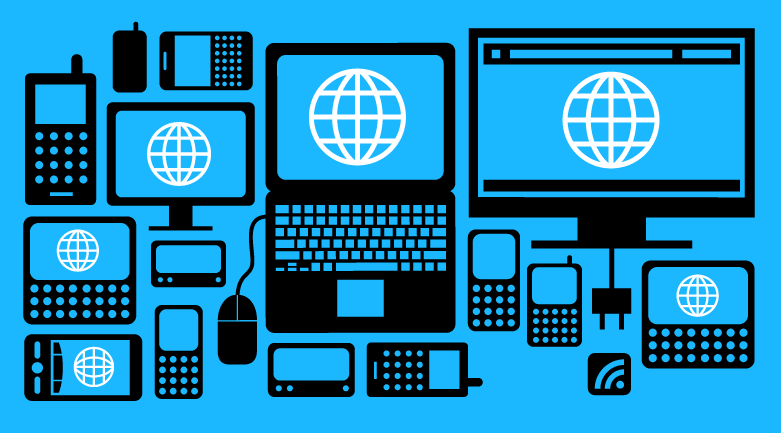FCC Classifies Broadband Internet as a Title II Utility
March 10, 2015
February 26th marked a massive milestone in the long-contentious fight over net neutrality: the Federal Communications Commission (FCC) made a landmark ruling to classify broadband Internet service as a public “Title II” utility, meaning that the FCC would gain much more power to regulate internet service providers (ISPs) such as AT&T, Verizon, and Optimum – specifically, the ability to control the deals that these ISPs make with content providers (such as Netflix and Amazon) to intentionally “speed up” or “slow down” their web traffic. The ruling would also prevent providers of mobile Internet services from favoring certain content providers by “whitelisting” their applications, so that they wouldn’t count towards a user’s data usage.
What does this mean for the average, everyday Internet user? Many of the technology industry’s biggest names, such as Apple co-founder Steve Wozniak, hail the decision as a victory for consumers and technology firms because it takes power out of the hands of ISPs, which he believes needs strict supervision to avoid “bad behavior”. Supporters of the ruling believe that ultimately, greater ISP control would lead to limitation of progress, because the influence of their deep pockets would create an unfair playing field among content providers – if smaller, newer providers don’t have the money to “bribe” service providers, then they wouldn’t be able to compete with larger ones for consumers.
However, these ISPs, as well as several prominent conservative politicians, believe that as government intrusion into the free market, the ruling will stifle innovation and entrepreneurship – and in the end, negatively affect the consumer. In fact, in response to the ruling, Verizon actually put out a fake “news release” dated February 26, 1934, explaining that the FCC’s ruling was based on laws outlined in the Communications Act of 1934, when telecommunications was a relatively new industry in America dominated by a single monopolistic telephone company. Because of this, these ISPs are expected to possibly sue the FCC. Is the competition structure of modern Internet providers in America today significantly different enough from that of telephones in the 1930s to warrant this? That’s up for debate.



